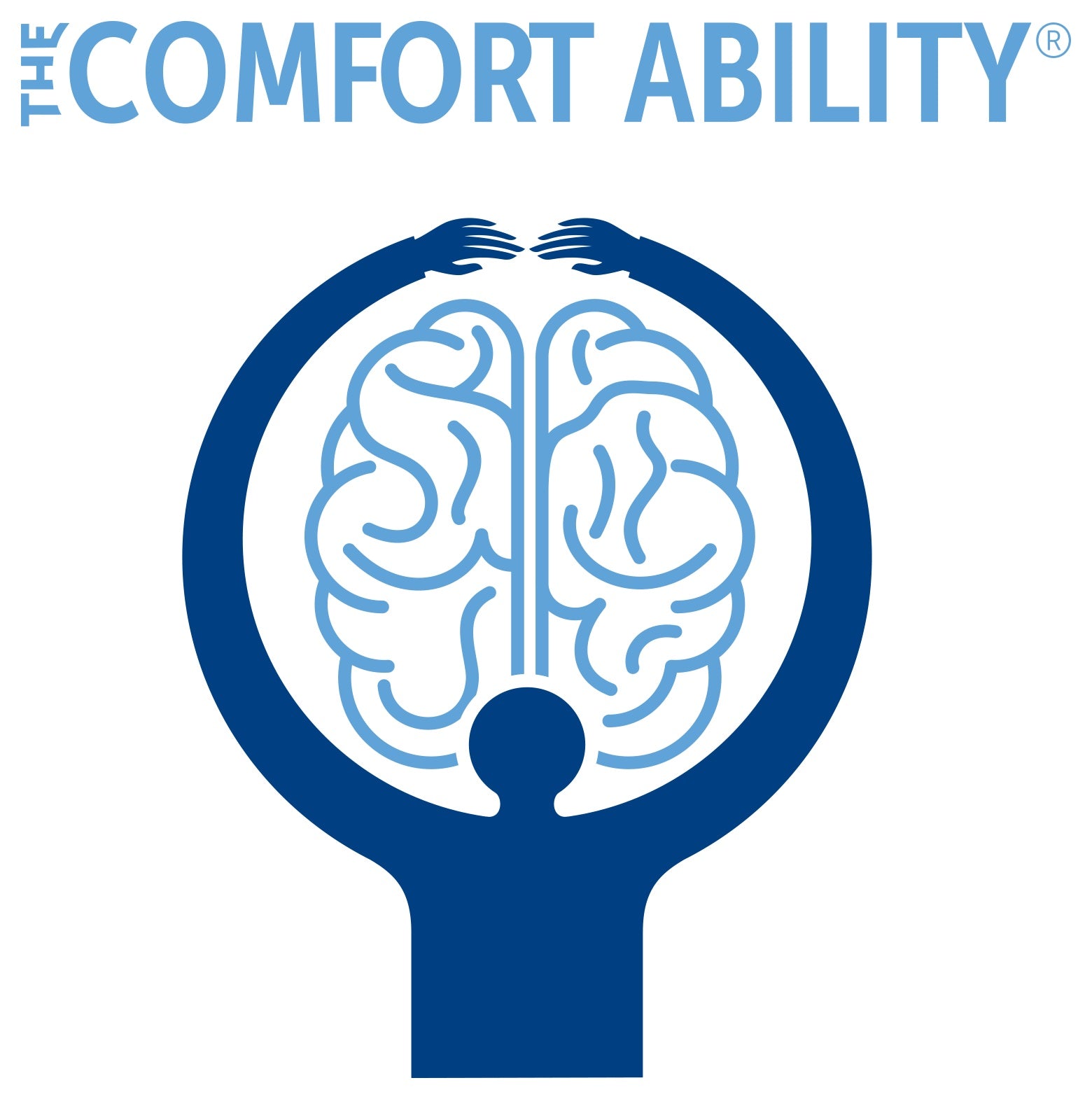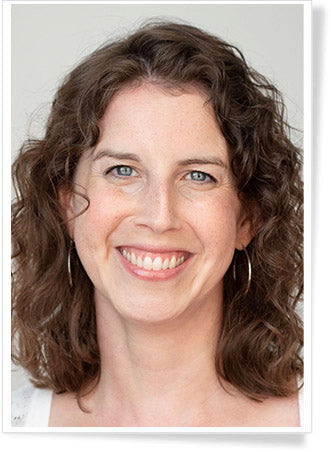Families who have a child with chronic symptoms like pain, nausea, and fatigue are often surprised to learn that persistent symptoms like these are quite common. It can be very difficult to find effective treatments for these chronic symptoms, so it’s no wonder families report feeling alone and frustrated in their long journey. But, at Boston Children’s Hospital, a group of pediatric psychologists are working hard to change that.
The Comfort Ability® Program teaches adolescents and their caregivers a unique set of skills – rooted in psychology – to improve comfort and help adolescents get back to their full and active lives. In the Fall of 2023, seven children’s hospitals launched the Comfort Ability® Program (CAP) workshop, adding to the CAP network of more than 30 partner sites across the United States, Canada, and Australia. In honor of our new CAP partner sites, here are five “behind the scenes” CAP facts to answer the question: How does a hospital become an accredited CAP site?
-
CAP Champions to the Rescue!

All CAP sites start with a single, dedicated provider who recognized a critical gap in care at their institution: the families they served were not gaining easy access to the targeted education and skills training they needed to address their chronic symptoms. Whether these providers first learned about CAP through a research publication, scientific conference, or casual conversation with a colleague, the common thread was that they all decided to act. For example, Dr. Delana Parker championed the launch of CAP at Dell Children’s Medical Center in Austin, Texas after learning how the program supports best practices for pediatric pain management during her fellowship at Stanford Children’s Hospital in San Francisco (another CAP partner site!). For Queensland Children’s Hospital in Brisbane, in Australia, a pain management physician began the rally to launch CAP at his institution after learning about the program at a government-sponsored conference aimed to improve pediatric pain care.
-
Patience and Persistence Prevail

It can take anywhere from four months to four years to get a new site launched! There is a lot of planning and collaboration that goes on behind the scenes before a site is ready to move forward. For example, Dr. Arie Zakaryan first started dreaming about a CAP launch at Phoenix Children’s Hospital in Arizona in 2019, but it took several years (thanks, no thanks to COVID-19!) before he could get the green light from his institution to prioritize a CAP launch. Similarly, Dr. Kelsy Newton and her team at St. Luke’s Boise Medical Center in Idaho, began working on a CAP launch in early 2020 but had a long runway because they needed to apply for grants to cover the cost of training and implementation. While it can take time, most sites get to finish line thanks to their patience and persistence!
-
CAP Loves a Village

While a CAP champion usually spearheads a site launch, a village is needed to really make things fly. For example, the CAP team at Nationwide Children’s Hospital in Columbus, OH includes a robust team of psychologists, psychology fellows, physical therapists, and medical trainees. At Children’s Hospital of Eastern Ontario in Ottawa, Canada, a smooth-running multidisciplinary team of psychologists, occupational and physical therapists, and administrative staff came together to support a fabulous CAP launch for their patients.
-
Even for Experts, Training is Required

Launching a CAP workshop takes specific training. Hospitals adopting CAP already have well-trained staff including expert psychologists and clinicians in pain management, but running CAP takes its own special set of skills. Many teams travel to Boston Children’s Hospital for a comprehensive four-day training, but for larger teams like Nationwide Children’s Hospital in Ohio, a Boston Children’s Hospital trainer went to Columbus for a week to get them ready to go. Preparations for the team at Queensland Children’s Hospital relied on a close partnership between the Boston Children’s Hospital CAP team and Dr. Nicki Ferencz, a seasoned CAP Director at the Women and Children’s Hospital, in Adelaide, Australia. While there are many ways to access training, every accredited CAP site must be trained.
-
CAP Patient Advisory Boards Play an Important Role

If you haven’t heard of them before, meet the CAP Peer and Caregiver Advisory Boards, two incredible groups of people who support our new CAP sites throughout their training and launches! The CAP Advisory Boards join CAP trainings to help new sites understand the importance of patient involvement in the workshop, and help new sites to identify local peer mentors. In some cases, like at Ochsner Medical Center in New Orleans, Advisory Board members even zoom in as guest speakers during a CAP launch. In addition, the Advisory Boards provide essential guidance and mentoring to new guest speakers across dozens of sites in the CAP network. A huge THANK YOU to Sophia Davidson (Chair of the Peer Advisory Board) and Mike Davis (Chair of the Caregiver Advisory Board) for their tireless efforts overseeing outreach and support!
-
Collaboration is Ongoing

A CAP launch involves collaboration between the Boston Children’s Hospital CAP team and the new site, but the collaboration extends way beyond that. There are many ongoing collaborative opportunities to discuss research, gain clinical consultation, and improve program management within and across CAP accredited institutions. For example, at Nationwide Children’s Hospital (a large pediatric hospital in Columbus, Ohio) Dr. Jacquline Warner invited psychologists, other multidisciplinary pain providers, and even clinical researchers to attend CAP training so that their whole system could begin integrating the program into patient care and clinical research. Even in smaller systems, being part of CAP allows opportunities for collaboration and learning: all CAP sites have the opportunity to participate in CAP Consultation Forums, a monthly network-wide meeting to discuss all things CAP. Being part of CAP allows providers to connect with other people both in their own institutions and across the whole CAP network!
-
CAP launches are Serious Fun

While there are many hours of planning, training, and organizing that go into a new CAP site, it all pays off when at the end of the launch day, there are bright smiles from staff and patients, alike. Launching a new CAP site is truly a fun, collaborative, and exhilarating experience. At the same time, it also demonstrates an institutions serious commitment to care for families who have a child suffering from chronic pain or other persistent symptoms. A picture is worth a thousand words, so here are just a few pictures of smiling CAP teams from across the 7 CAP sites who launched this Fall. Without exception, these new CAP teams are amazing, and we are so grateful for our new CAP partners. Mostly, we are excited to know that thousands of patients and families will benefit from their dedicated efforts in the years ahead!

 CAP team from Nationwide Children’s Hospital (Columbus, Ohio)
CAP team from Nationwide Children’s Hospital (Columbus, Ohio) CAP Team from Phoenix Children’s Hospital (Phoenix, Arizona)
CAP Team from Phoenix Children’s Hospital (Phoenix, Arizona) CAP Team from Queensland Children’s Hospital (Brisbane, Australia)
CAP Team from Queensland Children’s Hospital (Brisbane, Australia)
